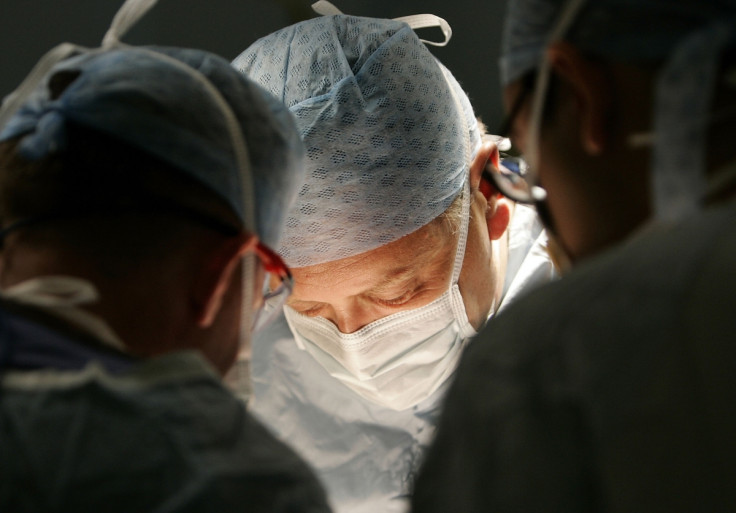Zombie transplants: Doctors bring kidneys back from the dead using new medical technique

Patients desperately hoping for much-needed kidney transplants could soon see their waiting times slashed. The source of their hope is a surgeon who claims to have found a way to rejuvenate organs harvested for transplant that were once deemed too old or degraded to use.
There are currently more than 6,000 people on the waiting list for a kidney transplant in Britain, but fewer than 3,000 transplants are carried out each year, due to an acute lack of viable organs. Currently, one person a day dies, because they are not able to secure a kidney.
But the new technique, which pumps oxygen back into the organs, allowing them to be used in surgeries long past the point they would previously have had to be destroyed. Two people have so far benefitted from kidneys made viable by the procedure, which has been developed by Professor Mike Nicholson at Addenbroke's Hospital in Cambridge.
Washing kidneys
Nicholson realised that kidneys usually perish within a few minutes of their original owner's heart stopping. This causes blood flowing through a kidney's narrowest capillaries to clot, preventing it from being flushed away and rendering the organ useless.
Looking at heart-and-lung machines which keep patients alive during open heart surgery, Nicholson and his team designed similar, but smaller machines, to push nutrient and oxygen-rich blood through donor kidneys to help them regenerate.
"We get real blood from the blood bank, and then add a complex mix of amino acids, antibiotics and hormones that open up the capillaries," Nicholson to the Sunday Times. "Then we pump this 'smart blood' through the kidney and assess the improvements in blood flow, colour and other factors. Most of them rapidly become healthy and pink."
'Smart blood' solution
One of the first people to enjoy the fruits of this pioneering technique was Paul Southgate, 31, from Colchester, in December. He was offered a kidney after a seven-month wait, but was warned it had been rejected by every other transplant centre in Britain due to a 13-minute gap between the donor's heart stopping and the organ being retrieved and preserved.
"The donor's blood had thickened and the capillaries were plugged with red blood cells. But when we put it into our perfusion apparatus, the cells cleared in five minutes. An hour later it was looking really healthy," said Nicholson.
Southgate told the Sunday Times that the operation had already changed his life. "I can live like a normal person," he said.
© Copyright IBTimes 2024. All rights reserved.






